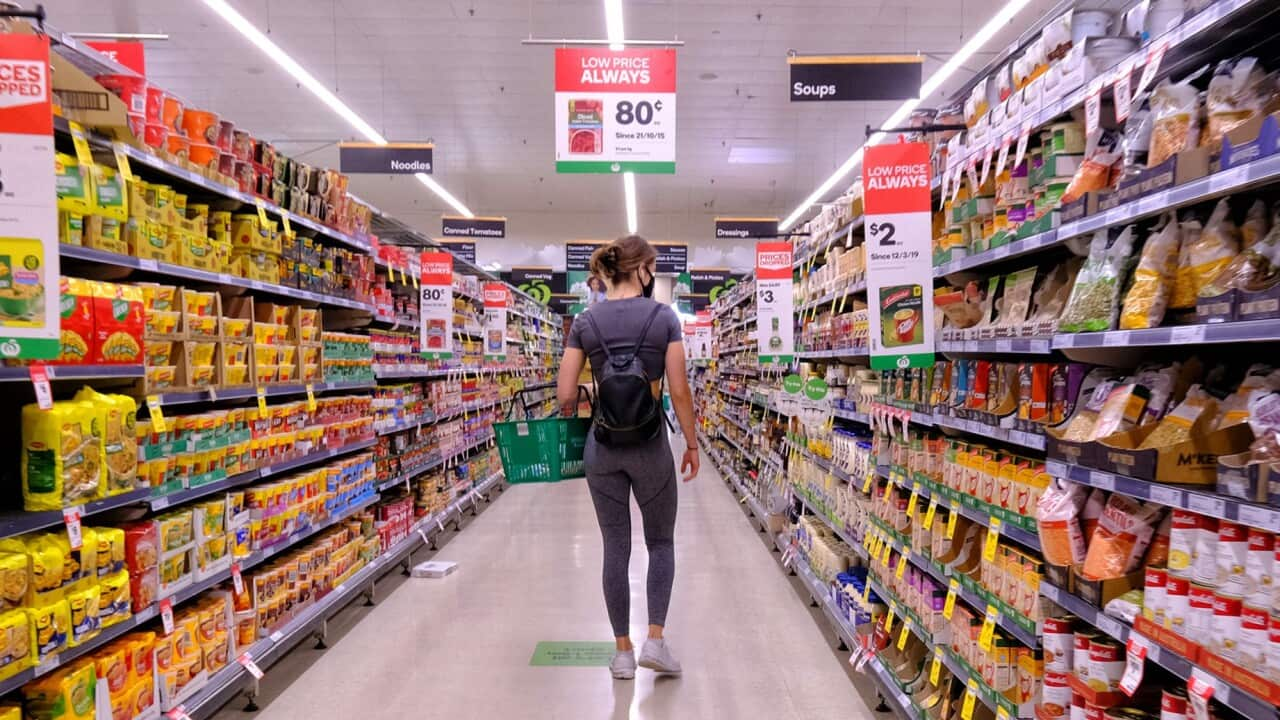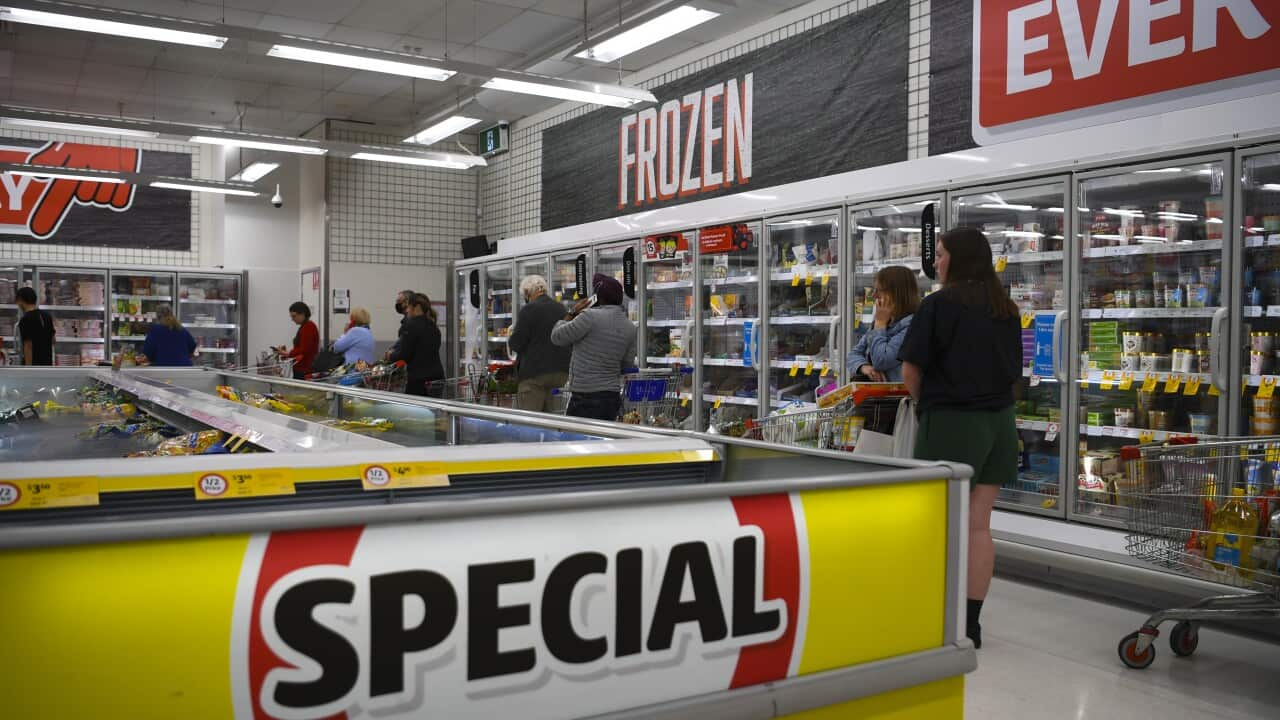Key Points
- An interim review of the voluntary Food and Grocery Code of Conduct has recommended it be made mandatory.
- Craig Emerson, who is leading the review, has called for fines of up to $10 million for supermarkets that violate it.
- Prime Minister Anthony Albanese says a mandatory code would lead to cheaper groceries.
A mandatory code of conduct for major supermarkets will lead to cheaper prices at the checkout, the prime minister says.
An interim review of the voluntary Food and Grocery Code of Conduct, which governs how supermarkets interact with suppliers, is calling for steep penalties for supermarkets that don't comply.
has urged for the code to be made mandatory, with fines as high as $10 million or 10 per cent of a supermarket's annual turnover in the previous year.
Prime Minister Anthony Albanese is adamant moves for a mandatory code would lead to further financial relief for shoppers.
"This work is all about how do we make our supermarkets as competitive as they can be, so that Australians get the best deal possible whether they be the providers, or of course the consumers at the checkout," he told ABC radio on Monday.
"What is happening at the moment is that the power of the supermarkets with just a voluntary code of conduct has seen a lack of confidence in the system."
The interim review recommends the mandatory code apply to supermarkets with annual revenues of more than $5 billion, which would take in Coles, Woolworths and Aldi.
The findings do not recommend the break-up of major supermarkets under divestiture powers, warning that would lead to less competition and job losses.
"What do you do if there's two supermarkets in a particular town or regional or community and one of them is Woolworths and one of them is Coles?" Albanese asked.
"What do you do? Tell Coles to sell to Woolworths? That would lead to an increased concentration of market power as well or do you somehow get a foreign company to come in and have a presence in a regional town?"
Emerson said a mandatory code was a more effective way of cracking down on the major supermarkets.
"What I'm proposing is credible and it has been checked with the (consumer watchdog), the supermarkets would be very mindful of the legislation if the government picks this up," he said.
"The divestiture stuff is never going to happen."
Emerson said he hoped major fines would not need to be imposed, but large penalties must be in place to properly enforce the code.
"I hope and expect that wouldn't be activated as a matter of routine but it would really focus the attention of management," he told ABC Radio on Monday.
"You would hope and expect that sort of behaviour won't happen, but just having the watchdog off the back porch ... is designed to focus the attention of supermarket management so that they know exactly what their buyers are doing."
due to high food prices, Woolworths and Coles are , stifling competitors and undermining suppliers.
Both the Greens and the Coalition are working separately on divestiture powers.
Nationals leader David Littleproud said the review's findings are months away from being actioned.
"Many of those recommendations were offers the National Party made to the government over 15 months ago," he told ABC radio.
"The government won't be implementing this until the full findings come down in June ... and unfortunately, we've got people making real decisions at the supermarket every day."
Consultation on the interim report is open until 26 April.











